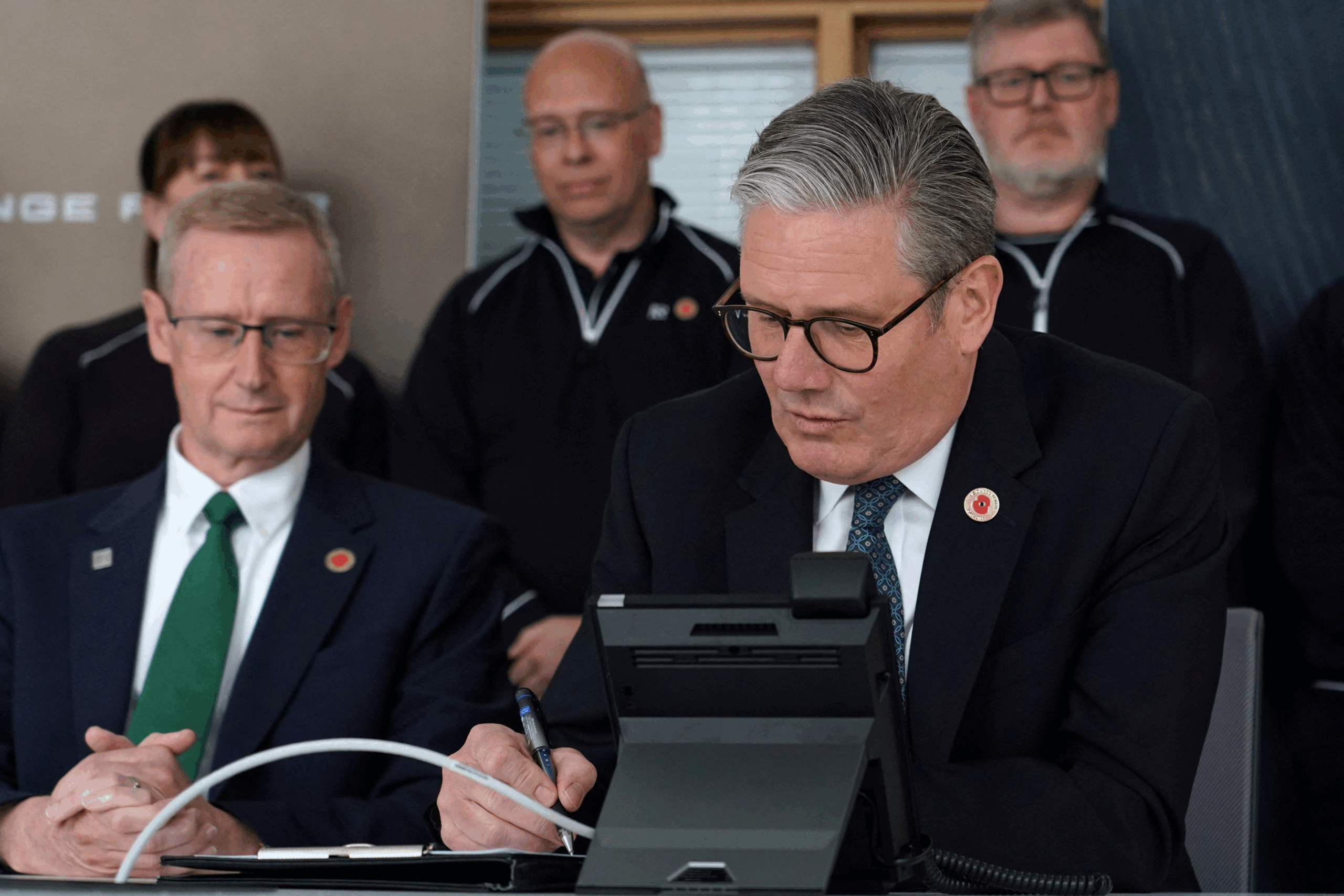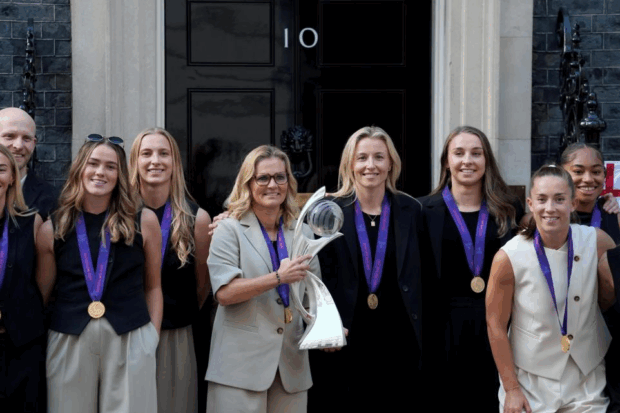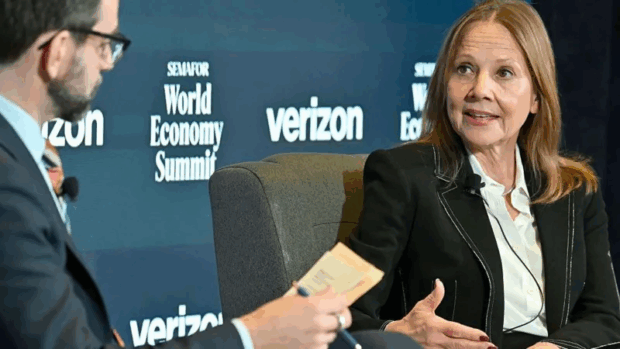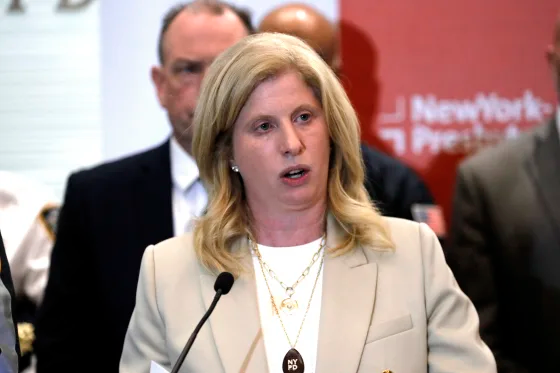
President Donald Trump and British Prime Minister Keir Starmer announced a limited bilateral trade agreement on Thursday that maintains Trump’s 10% tariffs on British exports while expanding agricultural access and reducing steep US duties on British automobile exports.
The “general terms” agreement marks the first of numerous tariff-adjusting deals Trump expects to finalize in the coming weeks. It follows his implementation of new import taxes aimed at addressing the $1.2 trillion US goods trade deficit.
Trump celebrated the deal in the Oval Office with Starmer connected via speakerphone. US Treasury Secretary Scott Bessent and chief trade negotiator Jamieson Greer prepared to launch negotiations with Chinese officials in Switzerland. Trump emphasized that Britain “made a good deal” but cautioned that other trading partners might face higher final tariffs due to their large US trade surpluses.
“It opens up a tremendous market for us,” Trump told reporters, noting his previous lack of understanding regarding restrictions on American firms operating in Britain.
Starmer described it as “a really fantastic, historic day,” highlighting that the announcement coincided with the 80th anniversary of World War II’s end in Europe. “This is going to boost trade between our countries, protect jobs, and create jobs by opening market access.”
The leaders portrayed the plan as a “breakthrough deal” that reduces average British tariffs on US goods from 5.1% to 1.8% while maintaining a 10% tariff on British goods. A UK official acknowledged that more serious work remains, noting the deal excluded Washington’s demand for restructuring Britain’s 2% digital services tax on UK revenue for online marketplaces.
News of Trump’s first trade deal sparked a Wall Street rally, briefly pushing major US indexes up over 1%. The S&P 500 passenger airlines index closed up 5.4%, led by Delta Air Lines’ 7.2% surge after US Commerce Secretary Howard Lutnick announced British-made Rolls-Royce engines would enter the US duty-free.
Trump’s administration faces pressure from investors to de-escalate its tariff war after disrupting global trade with both allies and adversaries, raising concerns about inflation and economic recession risks. Lutnick told CNBC that Washington plans to announce dozens of trade deals over the next month.
The administration’s biggest challenge remains resolving the virtual trade embargo between the US and China, with reciprocal tariffs of 145% and 125%. Greer and Bessent will lead talks with Chinese officials in Switzerland this weekend, with Trump expressing optimism that tariffs would decrease.
The British-American Business Group expressed disappointment that the deal maintains Trump’s 10% tariffs on many products, including automobiles, raising costs for UK exporters. They hope this agreement initiates deeper US-UK trade integration, including the digital economy.
According to Lutnick, the deal will provide potential new export opportunities for American producers worth $5 billion annually, while the higher tariffs would generate $6 billion in yearly US revenue. It reduces US tariffs on British auto imports from 27.5% to 10%, applying to a quota of 100,000 British vehicles, nearly the total exported to the US last year.
US tariffs on imports from the struggling UK steel industry will drop from 25% to zero, while Britain’s 19% tariffs on US ethanol will be eliminated through a 1.4 billion-liter quota exceeding last year’s US exports to the UK.
Both nations agreed to new reciprocal market access on beef, with UK farmers receiving their first-ever tariff-free quota for 13,000 metric tons. The agreement maintains UK food standards on imports, meaning US beef bred with growth hormones remains prohibited, fulfilling a Labour government election pledge.
US Agriculture Secretary Brooke Rollins predicted the deal would “exponentially increase” US beef exports to Britain, though success depends on American beef’s price competitiveness and British consumer preferences. Currently, Britain’s two largest supermarket chains stock exclusively British and Irish fresh beef.
Details were limited regarding tariffs on UK pharmaceutical imports that could impact AstraZeneca and GSK, although a White House fact sheet mentioned creating a secure pharmaceutical supply chain. The US agreed to give Britain preferential treatment in any further tariffs imposed under Section 232 national security investigations, including ongoing probes of pharmaceutical and semiconductor imports.
The UK official welcomed Trump’s assurance about finding ways to avoid his new push to tariff foreign-made movies. Starmer’s government seeks to build new post-Brexit trading relationships with the US, China, and the EU without alienating any bloc.
With the British economy struggling to grow, the tariffs had intensified pressure on Starmer’s government. Jaguar Land Rover temporarily halted US shipments, and the government was forced to take control of British Steel to maintain operations. Economists and an FTSE 100 chief executive suggested the immediate economic impact would likely be limited, though trade agreements generally support long-term growth. Britain also recently finalized a free trade agreement with India.

















Be the first to leave a comment